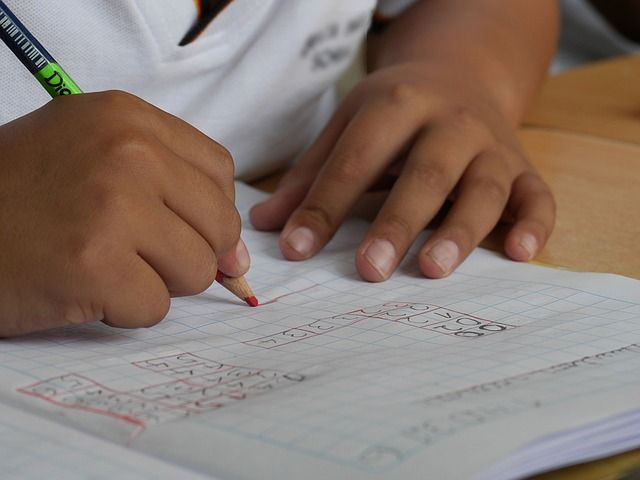Education, Disrupted

Parents' fears regarding the impact of school closures on their children's education are proving true. Several researchers have found that because students missed classes on a regular basis during the first wave of the pandemic, their academic performance slipped.
Education disrupted is a global phenomenon. At various levels of schooling, 94% of students' education was interrupted worldwide. According to the United Nations (UN), the education of 1.6 billion students in 190 countries was fractured to prevent the spread of COVID-19 disease.
Countries with low income, poor health infrastructure and education find it more difficult to keep their children in school. According to a policy brief by the UN, 86% of primary school students in poor countries dropped out of school vs. 20% of students in high-income countries.
Oxford study
But students in well-heeled countries apparently didn't benefit from remote learning either.
A new study by the University of Oxford analyzed the impact that a school closing, even temporarily, had on primary school youngsters grades in the Netherlands. They took lessons online instead. To compare the educational impact between those who attended school and those who studied online, the researchers chose the Netherlands because local or national administrations provided computer access.
Students in the Netherlands also stayed at home for eight weeks, which allowed for national exams to be conducted as usual. "We use the fact that national exams took place before and after lockdown, and compare progress during this period to the same period in the three previous years..,” the researchers explained in the paper published in SocArXiv, a website that publishes pre-printed and unreviewed papers.
Students were evaluated on math, spelling and reading. Math problems were both abstract and direct, while reading material tested literary and factual knowledge. For spelling, the students were given a series of words to be spelled on a piece of paper.
The grades were compared to the national average test scores of the last three academic years. Their scores fell by 3.13 percentile points; a deviation of 0.08 points from the national average range.
Loss spelled out in school years
The Oxford researchers estimated that the students lost the equivalent of one-fifth of a school year, suggesting that learning from home is not entirely fruitful. This could be more problematic for countries that cannot provide remote learning facilities. In some situations, parents could probably not be of much support while coping with the financial blows dealt by the pandemic.
The learning losses were more magnified in disadvantaged homes. The World Bank used simulations to assess the extent of losses at three, five and seven months, and at various grades. The study took in 157 countries. It found that students in these countries would behind three to nine months of education.
In the US
The situation is similar with students in US public schools who attended school online, according to early projections by the University of Virginia, Brown University and the nonprofit foundation Northwest Evaluation Association, based in Portland, Oregon. Students likely started a new school year with 37% to 50% of the math knowledge needed to enter that grade.
Most US states have not issued any state-wide orders against face-to-face schooling, but are making decisions depending on the number of people infected per county.
According to Education Week, as of November 2, the District of Columbia and Puerto Rico have ordered full closure of public schools. However, New York, Delaware, North Carolina, West Virginia, New Mexico, Hawaii, California and Oregon have imposed partial closures, subject to change by local governments with respect to increases in COVID-19 cases.
Seema Prasad is a freelance health reporter based in Bengaluru, India. She tweets @SeemaPrasad_me.
Published by Medicaldaily.com



























